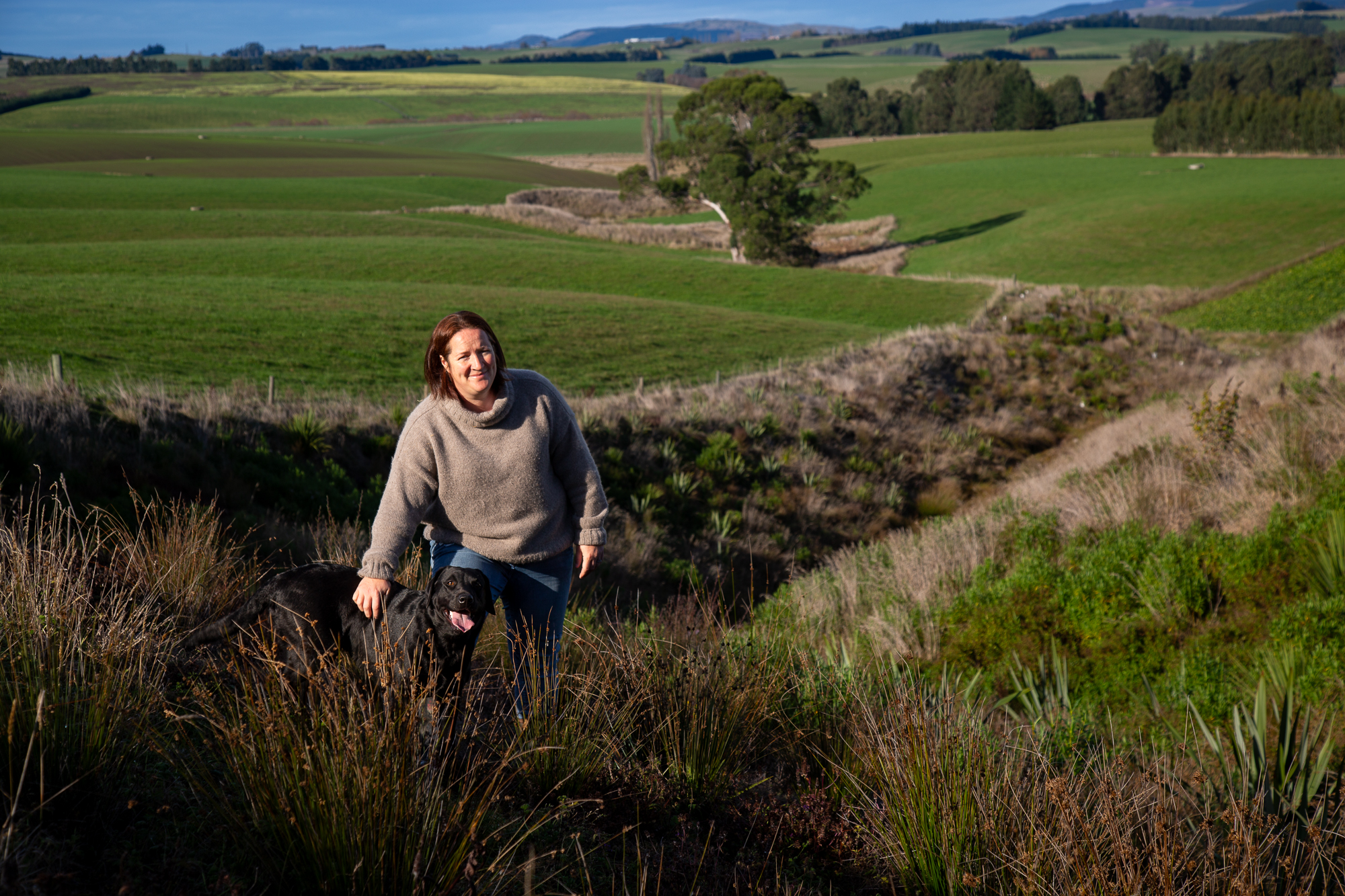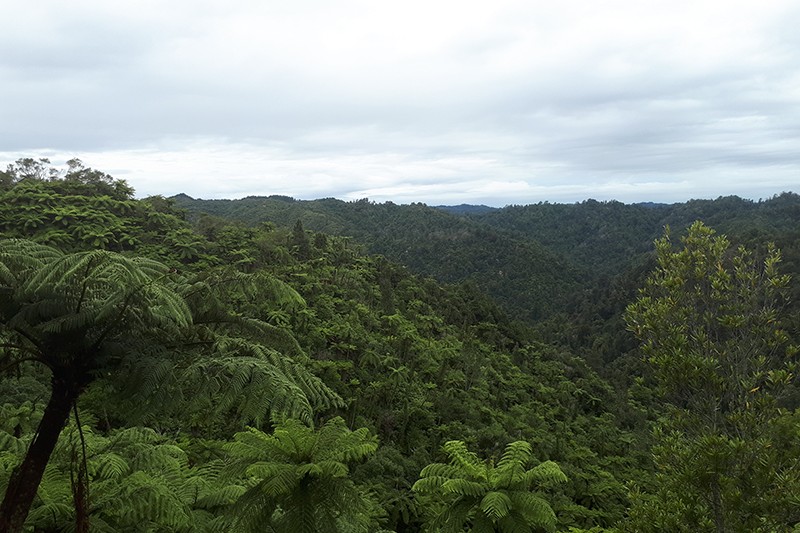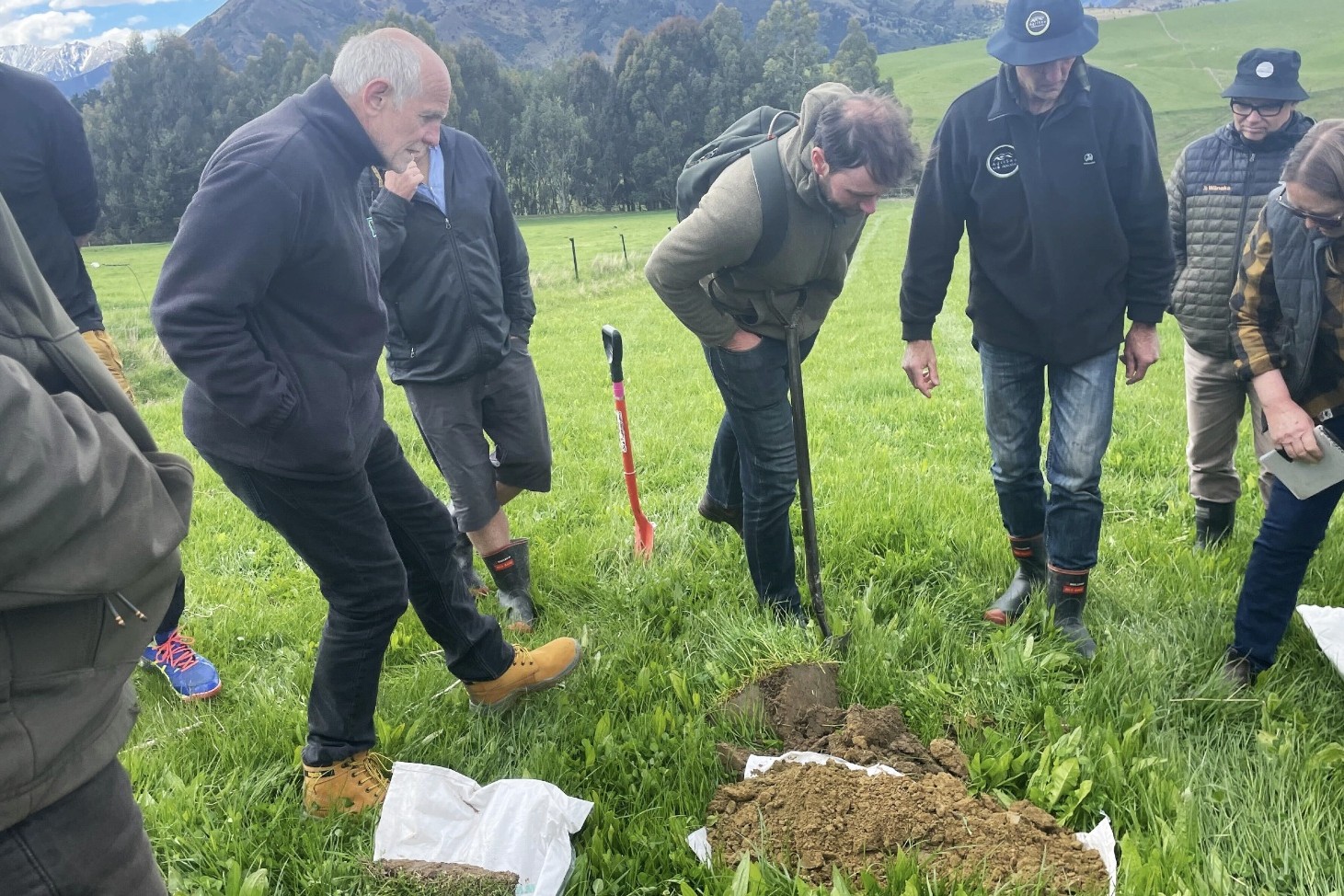Why tax a natural cycle?
He Waka Eke Noa was due to deliver its advice to climate change and agriculture ministers at the end of May. Missing, would be the question of why a natural biological carbon cycle was being taxed at all

He Waka Eke Noa was due to deliver its advice to climate change and agriculture ministers at the end of May. Missing, would be the question of why a natural biological carbon cycle was being taxed at all. With a last-minute appeal Wanganui Federated Farmers president Mike Cranstone, and spokesperson for Groundswell NZ Steven Cranston questioned why rural advocacy groups allowed this tax
to happen. By Joanna Cuttance.
Wanganui Federated Farmers president Mike Cranstone says the Government’s cherry picking of what science it used in policy was threatening New Zealand’s prosperity and standard of living.
It threatened the competitiveness of our agriculture products in the world markets, but also determined whether billions of dollars would be spent on infrastructure or lining the pockets of international carbon speculators.
Agriculture and government officials had grappled with finding an equitable method of pricing greenhouse gas emissions on farms through the He Waka working group.
Cranstone said the Government had indicated it preferred a processor levy. “Basically, a tax on food production that will not incentivise or recognise farmers’ efforts to reduce their own farm’s emissions”.
Many of the objectives promoted at the start of He Waka proved too complicated to achieve.
“Maybe this was why the Government threw the hospital pass to the agriculture industry, to navigate its way out of the hole that it’s been thrown down,” Cranstone said.
Unfortunately the agricultural industry lost sight of what the objectives were, and why agriculture should not be in the situation of being taxed for emissions that are part of a biological carbon cycle.
The case for biogenic emissions to be excluded from emission budgets was compelling, Cranstone said. The Government’s accounting of CO2 emissions was now being differentiated by their source, whether from fossil fuels or biological cycling of carbon, as in biofuels.
“It is hypocritical if they do not do the same with methane.”
The Intergovernmental Panel on Climate Change (IPCC) made methane a focus because of its potent warming potential. The IPCC’s targeted priorities were oil and gas emissions, Cranstone said, particularly methane leaks from past exploration and methane losses from waste.
With agriculture it was the storage of manure from feed lotting, similar to the dealing of human waste. There was no focus on biogenic methane, much of which came from rice paddies, along with ruminant animals belching.
“Can you imagine an Asian country’s government taxing rice production?”
It also needed to be acknowledged that livestock numbers for sheep and cows peaked two years ago in NZ, and that agriculture’s biogenic methane levels were constant and therefore contributed no further global warming.
Cranstone said agriculture still needed to account for its nitrous oxide and carbon dioxide emissions which was why he supported the ETS.
Rethink on emissions required
By Steven Cranston
It takes a special kind of incompetence to create an emissions reduction scheme that will increase global emissions.
He Waka Eke Noa was pitched as a hard-fought compromise between industry leaders and Government to keep farmers out of the Emissions Trading Scheme. Industry leaders dutifully followed the Government script and used the ETS backstop threat to shut down any meaningful conversation about the effectiveness and logic of taxing the most efficient farmers in the world.
The primary objective of He Waka was to tax farmers, with no ability to look at other solutions. Tinkering with the He Waka pricing options would not be enough to redeem them because fundamental problems were created when you taxed an efficient agricultural industry.
Emissions leakage would mean any reduction in emissions from this country would be doubled when produced elsewhere. The reduction in food production this tax would cause amid a global food crisis should be a national embarrassment.
He Waka had no answers to the more technical problems either. It would never create a fair pricing mechanism across all farm types and sectors which by their very nature would have varying levels of emissions efficiency. He Waka would instead anoint itself as the arbiter of climate justice, free to pick winners and losers at its discretion. The biggest losers would be the sheep and beef sector, organic farms and low-input dairy, the very farms with the lowest overall environmental footprint.
An emissions tax served no functional purpose without viable mitigation technologies to incentivise. Production efficiency gains were best encouraged through best practice and rewarded by increased profit. The ‘right tree, right place’ plantings should be supported by the ETS instead of buying offshore carbon credits.
Over 4000 farmers have supported Groundswell’s submission for a workable solution. He Waka virtue signalling would not help farmers or the climate.




